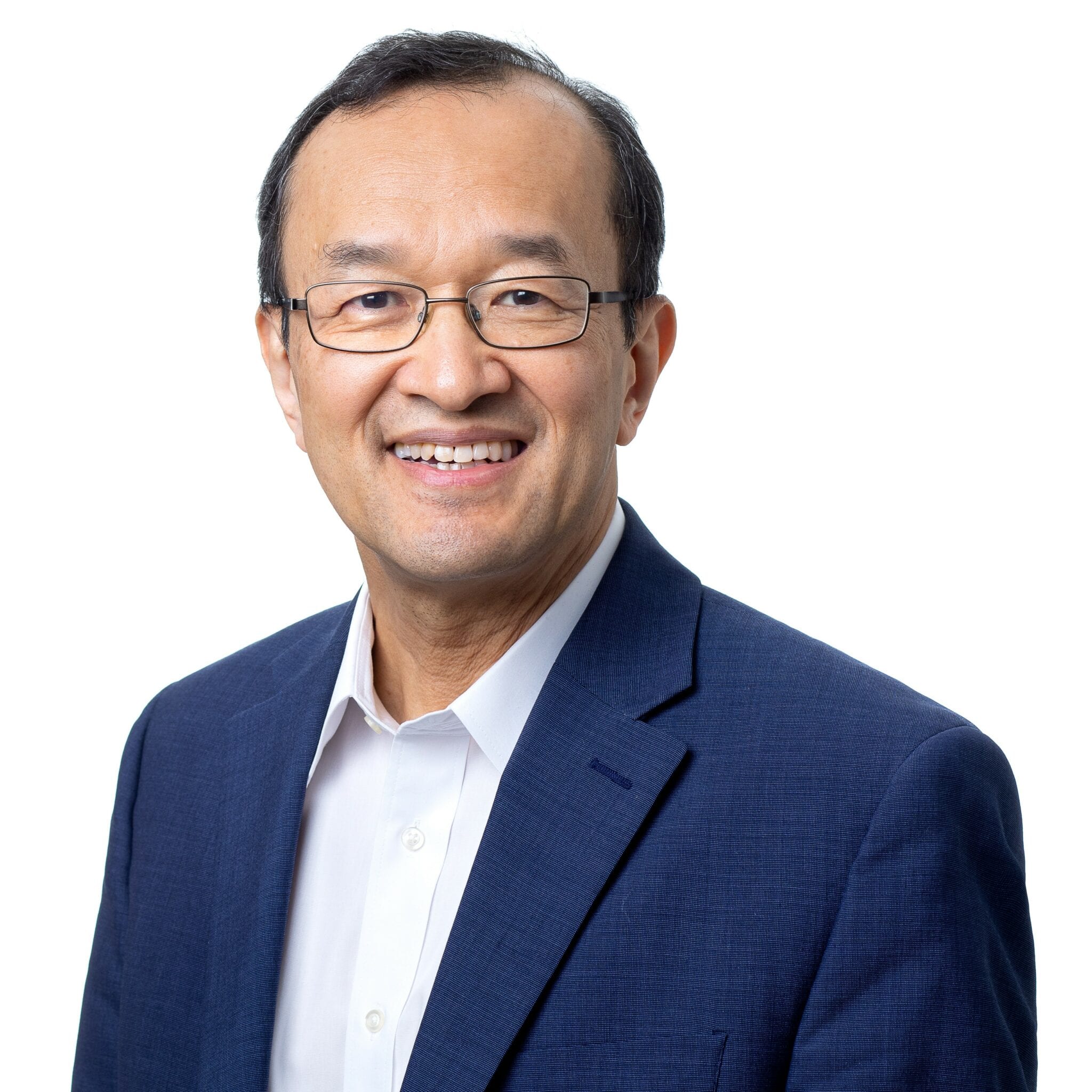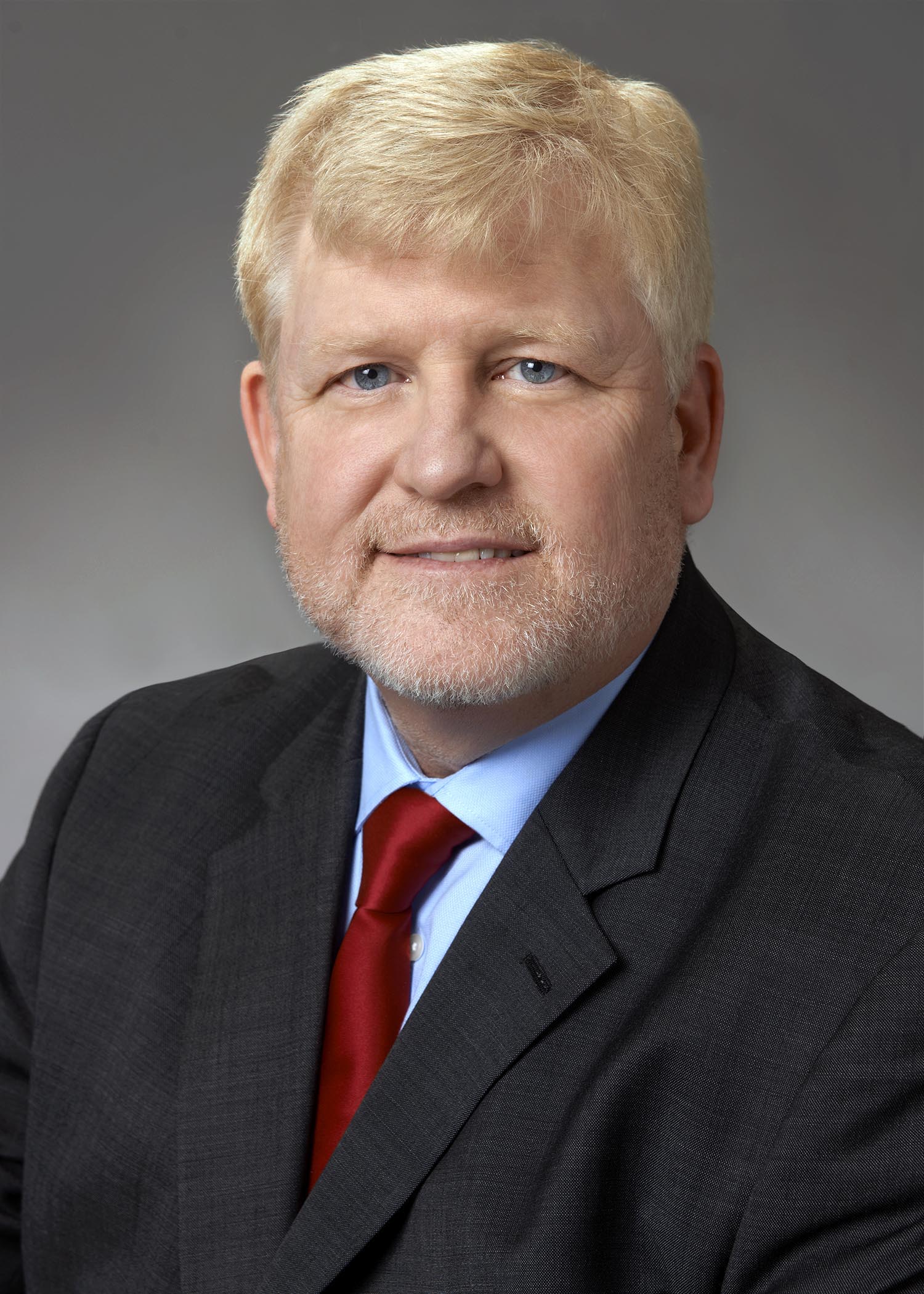Mid-stage clinical trial results show why Merck and Daiichi Sankyo recently moved an antibody-drug conjugate from their $4 billion partnership into Phase 3 studies for an aggressive form of lung cancer.
In the Phase 2 IDeate-Lung01 trial, small cell lung cancer patients received either 8 mg/kg or 12 mg/kg of ifinatamab deruxtecan, or I-DXd for short, once every three weeks. Out of 42 patients who received the high dose, 23 responded — good for a 54.8% response rate. The median overall survival for the high dose group was 11.8 months and the progression-free survival was 5.5 months, both of which are considered promising for a group of patients who have tried other treatment options and have extensive-stage disease.
 Ken Takeshita
Ken Takeshita“In this patient population, we expect the progression-free survival to be short — very short — closer to two months than four months,” said Ken Takeshita, Daiichi Sankyo’s global head of R&D.
In the lower dose group, the response rate was 26.1%, and one patient had a complete response. The median overall survival for this group was 9.4 months, while median PFS was 4.2 months. The results were presented Saturday at the World Conference on Lung Cancer in San Diego.
Daiichi Sankyo and Merck have now moved the 12 mg/kg dose into a Phase 3 study, which dosed its first patient last month.
I-Dxd is an antibody-drug conjugate that delivers the same toxic payload to cancer cells as other ADCs developed by Daiichi Sankyo such as Enhertu. However, I-Dxd targets a protein called B7-H3, which is overexpressed in a number of cancers, including prostate and esophageal cancer.
 Scot Ebbinghaus
Scot EbbinghausScot Ebbinghaus, Merck’s VP of clinical research, noted that the companies did not measure B7-H3 expression prospectively in small cell lung cancer trials but are considering it for other cancers. “In small cell lung cancer, because the expression level is across the board so high we’re doing that in more of a retrospective fashion,” he said. “In other tumor types, we’re looking at it more prospectively and as a stratification variable.”
“We don’t have a test that we would put forward for patient selection, but we’re definitely looking at B7-H3 expression as a really important part of our development program for I-Dxd,” he said.
GSK’s partner Hansoh also presented data Sunday at the conference on its B7-H3 antibody in extensive-stage small cell lung cancer. GSK licensed the drug from Hansoh last year. According to the abstract, the overall response rate was 61.3% at 8.0 mg/kg but 50% at 10 mg/kg. The median overall survival was 9.8 months at the lower dose and not reached at the higher dose.
The antibody-drug conjugate, known as HS-20093, is being tested versus chemotherapy in a Phase 3 trial in China in relapsed small cell lung cancer. GSK plans to expand the clinical development program in the US, EU, and other parts of the world.
Combo studies
In August, Merck enlisted Daiichi to partner on a bispecific T cell engager for small cell lung cancer that Merck acquired in its purchase of Harpoon Therapeutics.
Part of the plan hatched by the two companies is to test the bispecific antibody, MK-6070, in combination with the antibody-drug conjugate, I-Dxd, in small cell lung cancer. Early data were shared in a WCLC abstract on MK-6070’s use in patients with brain metastases, which often plague patients diagnosed with small cell lung cancer.
Merck has amended a study it inherited from Harpoon to include the combination of I-Dxd and MK-6070, which “should be recruiting patients any day now,” according to Ebbinghaus.
When asked about future plans for MK-6070 as a monotherapy or in combination, Ebbinghaus said it was too early to rule anything out as “it’s early days for us with MK-6070, but we’re putting high priority on combination.”
Editor’s note: This story has been corrected to reflect that Hansoh, not GSK, presented data and that GSK alone will develop the drug outside of China.